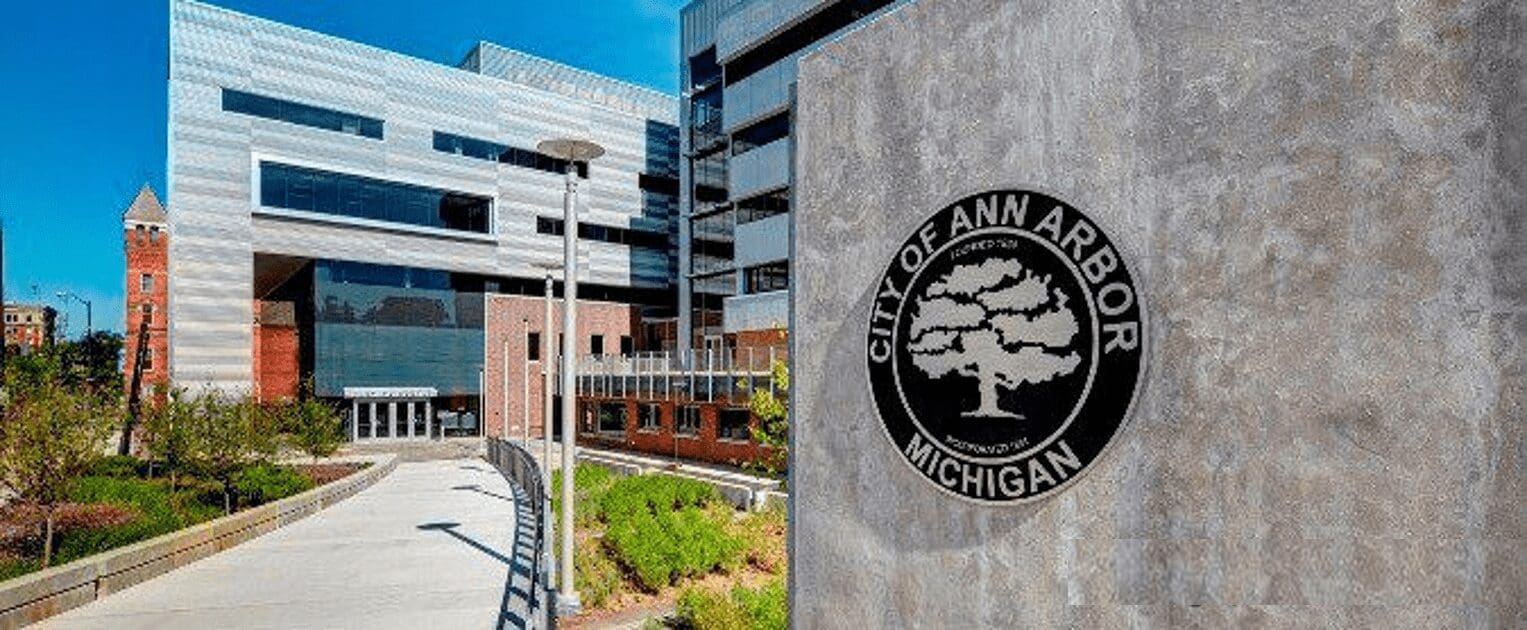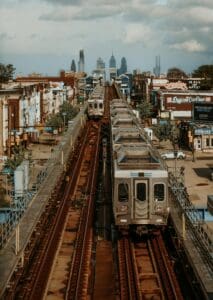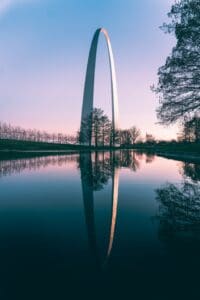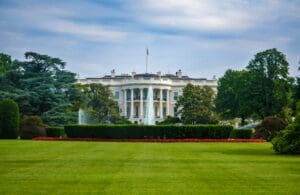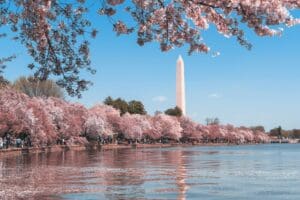The Ann Arbor City Council is asking residents for input on how to spend $24.1 million of federal funding from the American Rescue Plan Act (ARPA). Will UBI be included?
By: Elissa Welle.
Original post: https://www.freep.com/story/news/local/michigan/2022/02/10/ann-arbor-survey-arpa-funding/6653873001/
The Ann Arbor City Council is asking residents for input on how to spend $24.1 million of federal funding from the American Rescue Plan Act (ARPA).
An online survey for residents to fill out is open until 12 a.m. Monday. The survey went live on the city’s website Jan. 28.
Congress passed the American Rescue Plan in March 2021, setting aside $45.6 billion for municipal governments across the U.S. The state of Michigan was expected to receive a total of $10.3 billion in state and local government support to help offset revenue losses due to the COVID-19 pandemic.

The projects proposed by Ann Arbor city officials range in content and cost, yet all satisfy the main objective of ARPA, which is to “turn the tide on the pandemic, address its economic fallout, and lay the foundation for a strong and equitable recovery,” according to the U.S. Department of the Treasury.
John Fournier, Ann Arbor assistant city manager, said the projects were chosen to comply with the federal rule and meet previously stated objectives passed by the City Council, such as increasing affordable housing. The projects must also be achievable by 2026, the deadline for spending ARPA funds.
The city website lists 13 proposed projects with their estimated costs. Each project is explained in a YouTube channel.
- City Clerk Election Center, $2 million
- Solar on City Facilities, $8.5 million
- Housing for Homeless Households, $1 million
- Property Acquisition for Affordable Housing, $3.5 million
- Vision Zero Implementation, $9.5 million
- Miller-Catherine Bike Facility, $4 million
- Galvanized Water Service Line Replacement, $3.75 million
- Community and Law Enforcement Public Safety Data Platform, $1,245 million
- Fire Station 4 (Huron Parkway) – First Net Zero Fire Station in Michigan, $3 million
- Coordinated Funding Support, $1 million
- Universal Basic Income, $2.3 million
- Unarmed Response Program, $2 million
- Gallup Park Bridge Replacement and Road and Trail Renovation, $2.3 million
Fournier said some projects, like replacing galvanized water service lines and the net-zero fire station, were already in the works but could be accelerated with ARPA funding.
Others were proposed with ARPA funding in mind, such as the housing for homeless households and the new city clerk election center — a response to the increase in absentee voting during the pandemic.
Two projects were added after Fournier’s most recent memo to the City Council listing the potential projects. The citizen parks advisory commission proposed a project to restore the bridge, roads and trails in Gallup Park. The community and law enforcement public safety data safety platform was proposed by Ann Arbor Police Chief Michael Cox, said Fournier.
“For us in our City Hall, doing a robust public engagement process like this is kind of the norm,” Fournier said. “It’s an iterative process. If a good idea comes forward at any point in the process, we’re going to have a look at it. Part of what we’re doing with this engagement process is soliciting ideas from the public, and we’re evaluating them and some of them may appear on our final recommendation to council.”
Nearly $18 million of Ann Arbor’s ARPA funds are designated for general governmental purposes to restore revenue lost to the pandemic. The remaining $6 million are restricted to economic aid, public health programs or investments in water, sewer or broadband internet. Fourier said that approximately half of the projects qualify for the restrictive funding category and that the final project breakdown will be in compliance with federal law.
However, the $24 million is not enough to cover all 13 proposed projects. Taken together, the suggested cost for all projects would top $44 million.
That’s where the resident survey comes into play. Residents are asked to allocate the $24 million across 13 projects in $500,000 increments on the survey. The website allows survey-takers to modulate the amount of funding a project should receive. For example, residents can choose to spend $2.3 million on replacing the bridge in Gallup Park or up to $6.8 million to renovate the bridge, roads and trails in the park.
Washtenaw County Commissioner Jason Morgan said that Ann Arbor was initially set to receive only $11.9 million in APRA funds. This was due to a mis-designation of Ann Arbor and Ypsilanti Township not as “metro cities” despite meeting ARPA population requirements of 50,000 residents.
The Washtenaw County Board of Commissioners worked with U.S. Sen. Gary Peters and U.S. Rep. Debbie Dingell to seek a review of the designation by the U.S. Department of the Treasury.
Once Ann Arbor and Ypsilanti were redesignated as “metro cities,” their ARPA funding increased to $24.1 and $9.4 million, respectively.
“This is a perfect example of how we can really help people when all of our elected officials at all levels are working together,” Morgan said. “We would not have received this money had we not been … asking questions to better understand why this mis-designation happened.”
Morgan said this one-time funding gives municipal and county governments the chance to make meaningful, forward-looking changes in the community.
“I would love to see our once-in-a-lifetime money on transformative projects that aren’t just a bandage on bigger systemic problems,” Morgan said.
While ARPA recipients are not required to declare their plans for funding until 2024, the continued financial stresses of the COVID-19 pandemic add a level of urgency to governments as residents continue to be in financial need, said Morgan.
“The pandemic is still having a pretty significant impact on the community,” Morgan said, “particularly minority and low-income communities, so we’ve been trying to think of how do we get more direct support to those communities and to those individuals.”
Other Michigan cities and counties, like Flint and Washtenaw County, are seeking input from their residents.
As of Feb. 9, more than 2,250 residents filled out the Ann Arbor survey. Fournier intends to deliver the final draft recommendation based on resident survey results to the City Council by March 1.
He expects the ARPA funding will be discussed by the City Council during public council meetings in March. After that, the timeline is unclear. However, he expects the City Council will make a decision soon given the multiyear timeline of several projects.











